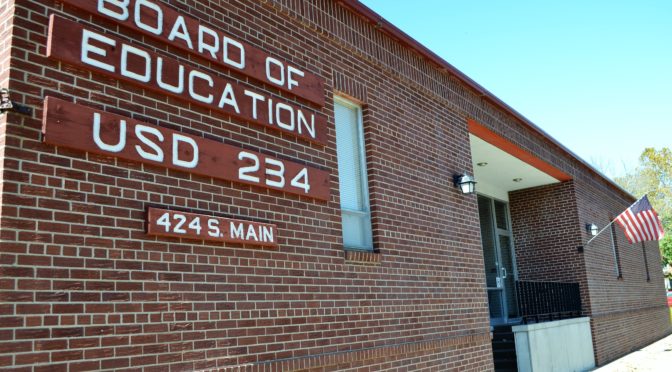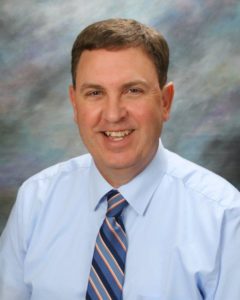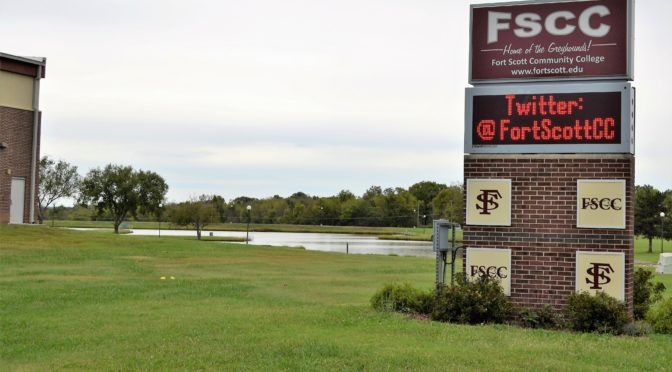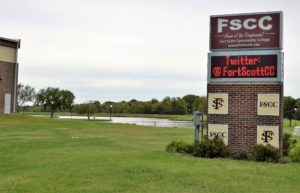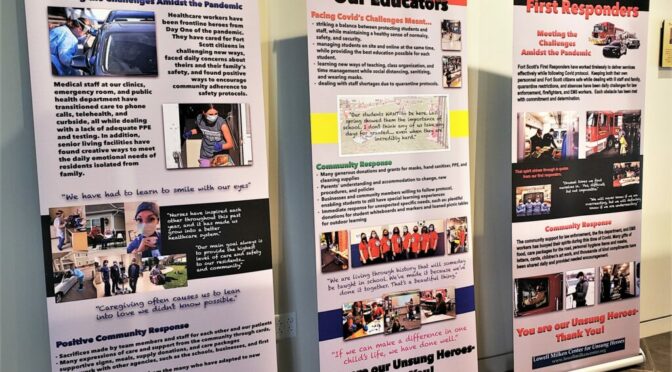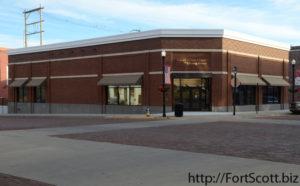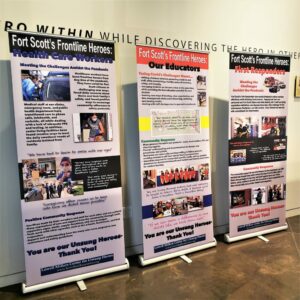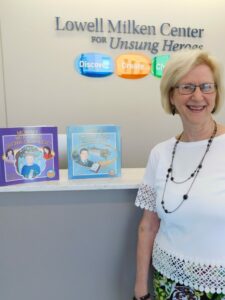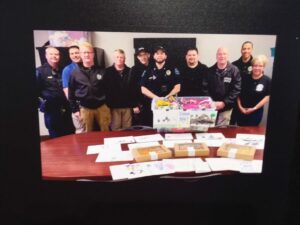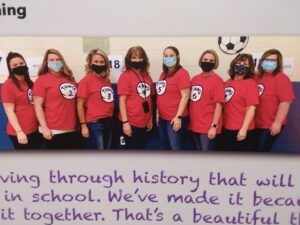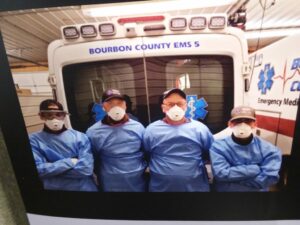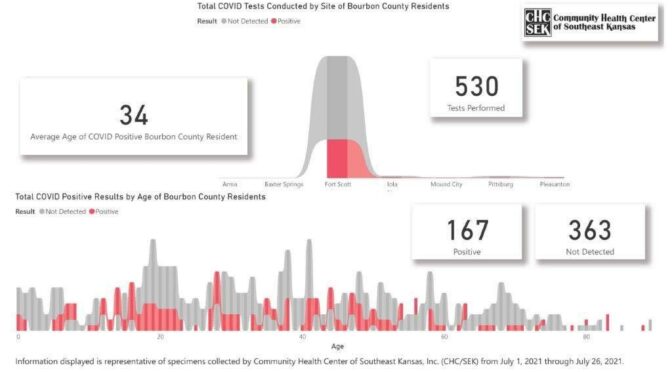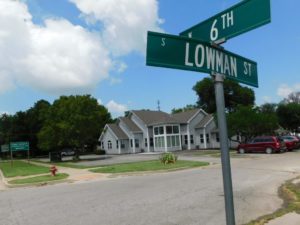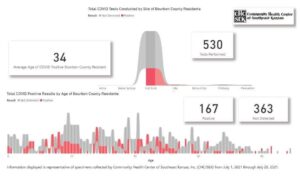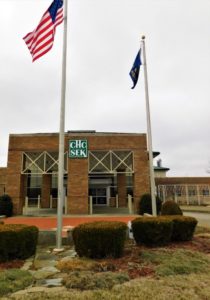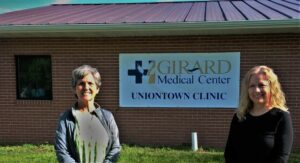FDA Gives Full Approval to Pfizer COVID-19 Vaccine
Governor Kelly Encourages All Kansans to Receive the COVID-19 Vaccine
TOPEKA – Today, the U.S. Food and Drug Administration approved the Pfizer-BioNTech COVID-19 Vaccine for people 16 years of age and older. The vaccine continues to be available for people 12-15 years of age and for the administration of a third dose in moderately or severely immunocompromised people through emergency use authorization.
“The vaccine is safe, effective against severe illness and death, and our best tool to beat this virus,” said Governor Laura Kelly. “Today’s announcement from the FDA is good news. I urge all Kansans to get vaccinated as soon as possible to protect themselves, their neighbors, our frontline workers, and our economy.”
Moderna began the application for full FDA approval in June, nearly a month after Pfizer/BioNTech. Full approval is anticipated in several weeks. Johnson & Johnson has stated they will begin the approval process later this year.
As of August 23, 2021, 51.4% of Kansans have received at least one dose of the COVID-19 vaccine.
“Millions of people have already received the COVID-19 vaccine and this approval should instill a high-level of confidence in all Kansans that the vaccine has met the high standards for safety, effectiveness and manufacturing set by the FDA,” said Lee Norman, M.D., Secretary of the Kansas Department of Health and Environment. “Our state is seeing high numbers of people diagnosed with the Delta variant. The best way to fight this disease, especially the variant, is to receive the COVID-19 vaccine. For those that were waiting on full approval and more data, it’s happened today. Everyone who is eligible should schedule their appointment today to get the vaccine.”
The vast majority of new COVID-19 cases in the State of Kansas are the Delta variant. This variant continues to cause the number of cases to rise at the level that was seen in November 2020.
The Delta variant is highly contagious, more than twice as contagious as previous variants. The greatest concern is for those who are unvaccinated. Data shows that this variant causes more severe illness in people who are unvaccinated. The COVID-19 vaccines reduce a person’s risk of contracting the virus, including this variant. Additionally, it has been shown to prevent severe disease and death.
KDHE urges all eligible Kansans to receive the COVID-19 vaccine. Find a free COVID-19 vaccine near you at: Vaccines.gov.

